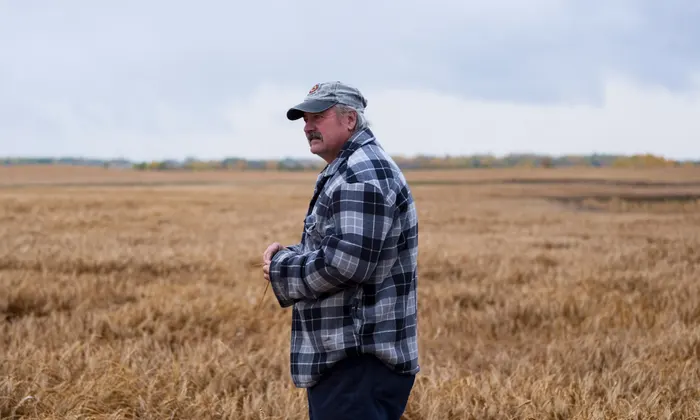
As Rehan Khan scans his 160 acres of muddy, partially snow-covered field, he sees golden — and red — opportunity.
“The first year, I seeded oats. Then in 2022, it was wheat. This year, it’s red lentils,” said the father of two who farms near Yorkton, Sask. Khan left Pakistan in 2018 so his kids could go to school in Canada.
He said goodbye to his family farm and 20-year career in agriculture advising farmers on chemical and fertilizer use.
Getting into Canada’s ag sector was the natural move, but Khan warns other migrants it’s not easy. “There must be local support. Then [immigrants] can be successful farming.”
Researchers say Canada needs 30,000 new immigrants like Khan to either start up their own farms, or take over existing ones, to avoid a looming labour crisis in the agriculture industry. Some worry, however, current programs aren’t set up to attract or support that workforce.
About 40 per cent of Canadian farmers are expected to retire within the next 10 years, while 66 per cent of farmers don’t have a succession plan, according to a recent report from RBC.
At the same time, researchers expect the agriculture industry to be down 24,000 farm, nursery and greenhouse workers.
To fill this gap, the report suggests Canada update its immigration programs to specifically bring in 30,000 farm-focused newcomers. One solution, the report states, is to create a federal process for experienced temporary foreign workers (TFW) to get permanent resident status.

